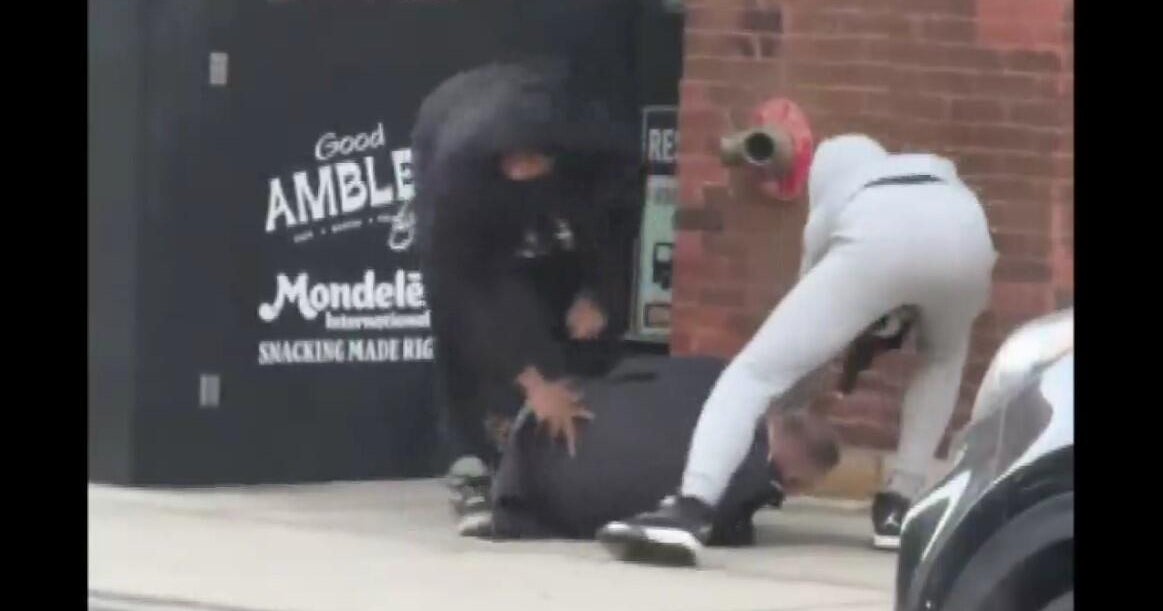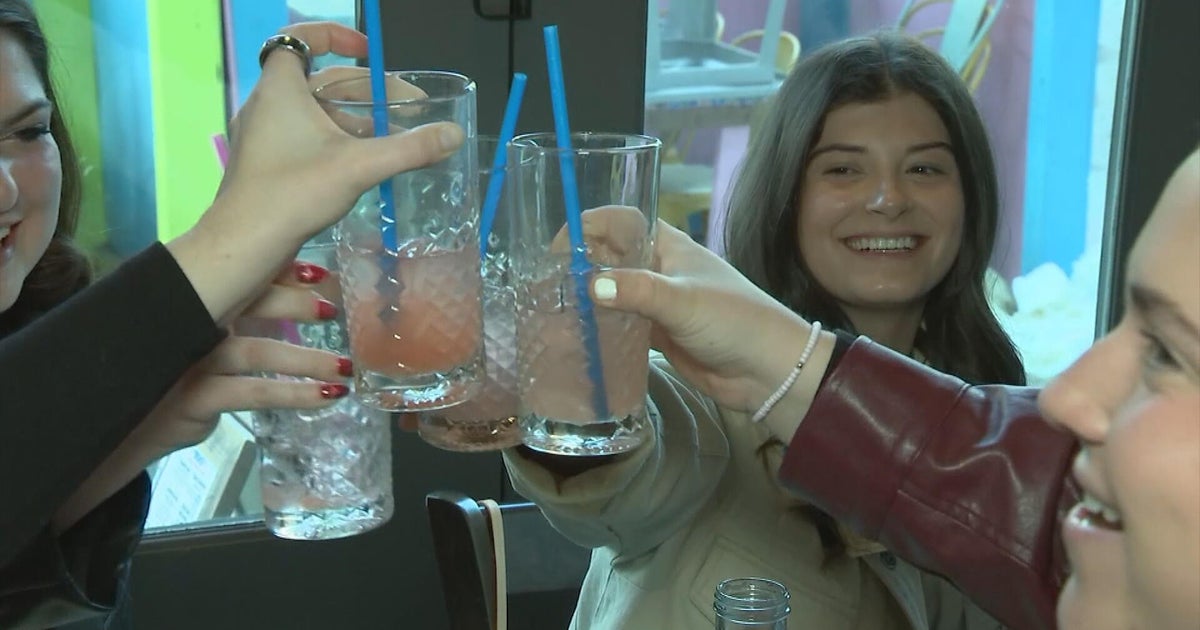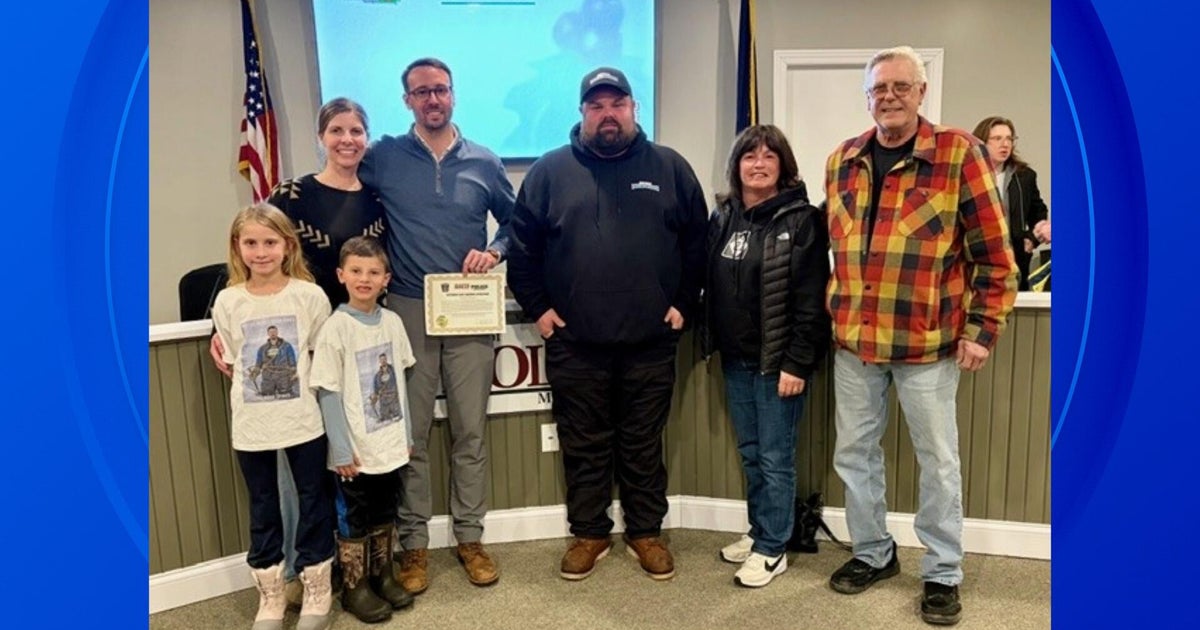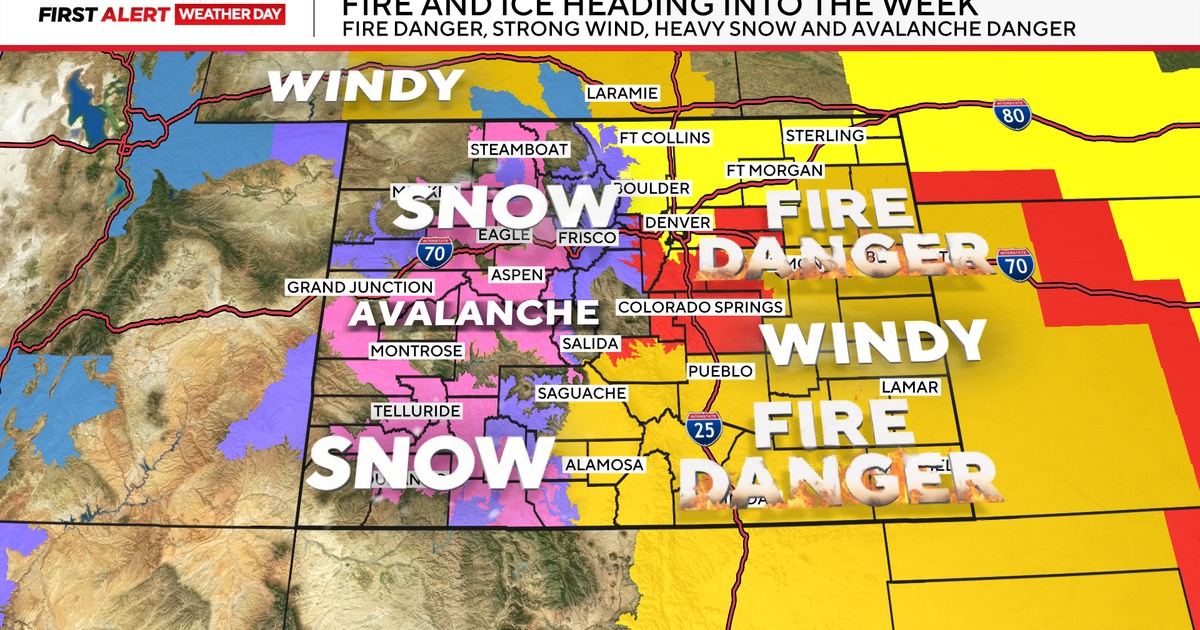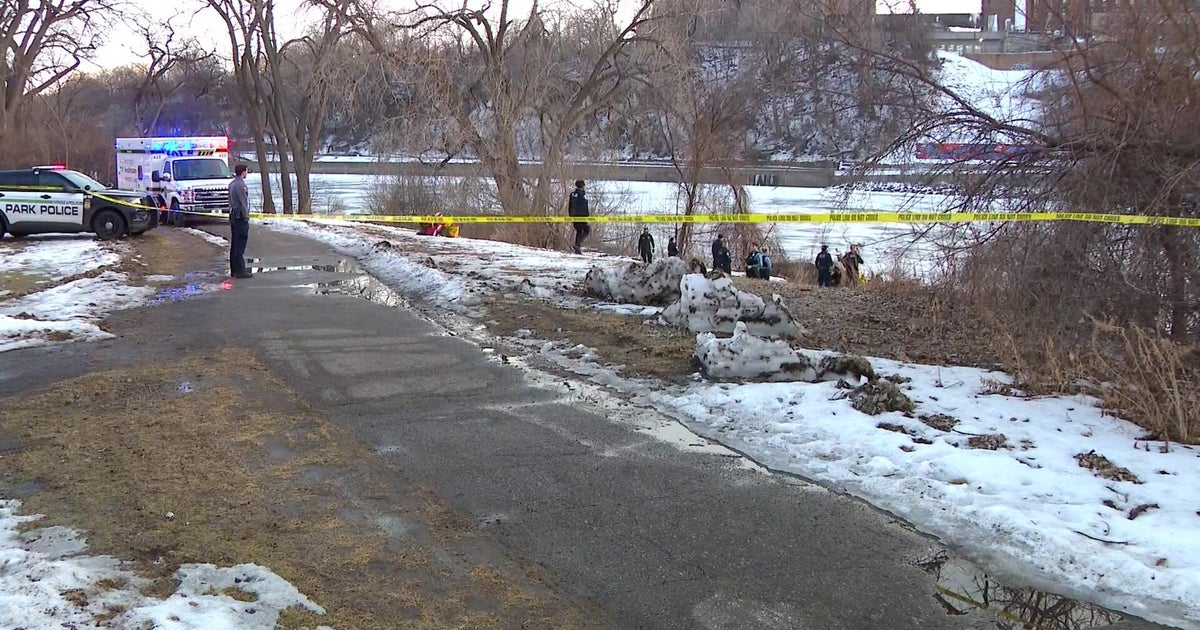Seasonal Affective Disorder may start to affect more people as daylight saving time ends, doctors say
NEW YORK -- We're starting to see the beginning of the fall and wintertime blues, which can really hit us after we "fall back" one hour into standard time on Sunday.
"It's a very drastic change of weather," one man said. "It's dark outside. Why am I up? I want to get more sleep ... Feeling a certain sense of depression."
As days get shorter with less sunlight and the clock goes back an hour, some say they're struggling to get out of bed earlier, then layered up properly to keep warm.
Seasonal Affective Disorder is a type of depression linked to chemical changes triggered by lack of daylight and sleep changes. About 6% of Americans are officially diagnosed, with milder cases for about 20% of the population.
"They notice how that one hour time change can impact their health," said Dr. Christina Zhang, medical director at MiDoctor Health. "Tired, weakness, lack of energy, poor sleep."
This time of year, if you are feeling lethargic or not quite yourself, doctors recommended blood test to check your vitamin D level.
"Sometimes low vitamin D level can cause all these symptoms, and you need to get enough sunlight," Zhang said.
Special sunlight lamps can help, says Taft Parsons III, chief psychiatric officer for CVS Health.
"You want to look for a light that is called a daytime lamp or has about 10,000 lumens of light, they'll advertise that on the box of the lamp itself, and what you really wanna do is you wanna expose yourself to that at the same time in the morning for about 30 minutes a day," he said.
Regular exercise helps, and being aware.
If you get the fall and wintertime blues every year at this time, that's a tip -- it's time to see a doctor.

